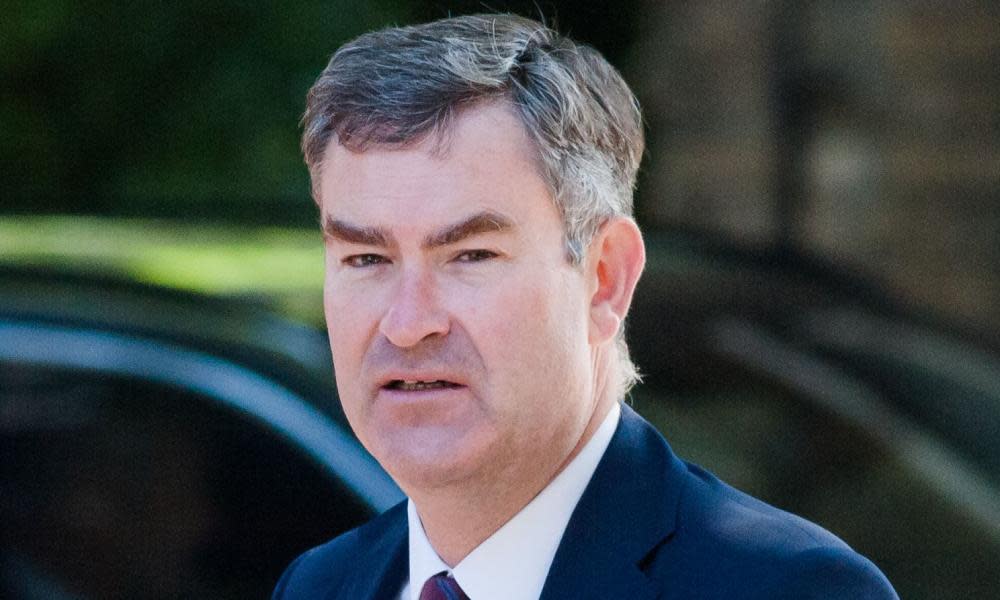Gauke could back rebel move to stop PM proroguing parliament

The justice secretary, David Gauke, says he is considering backing a move in the Commons to block the next prime minister from forcing through a no-deal Brexit by proroguing parliament.
Boris Johnson, who is likely to become prime minister next week, has refused to rule out such a suspension.
But Gauke said it would be “outrageous” for him to do so. There is speculation that Gauke and some other cabinet ministers could resign in order to back an amendment in the Commons that would rule out such a move. The amendment is expected to be retabled by the former attorney general Dominic Grieve on Thursday.
Prorogation is the official term that marks the end of a parliamentary session. After being advised to do so by the prime minister, the Queen formally prorogues Parliament. This takes the form of an announcement in the House of Lords on the Queen's behalf. It is a speech, written by the government, which usually describes the bills which have been passed during that session, and summarises what has been achieved.
It means that all work on existing legislation stops, and MPs and Lords stop sitting. Prorogation also automatically kills any bills, early day motions or questions to ministers going through parliament.
Parliament can then be reopened a few days later with a fresh slate of legislation intentions, set out in a new Queen's Speech at the formal State Opening of Parliament.
That could trigger a final Commons showdown in the current parliamentary session to prevent a no-deal Brexit.
Asked on BBC Radio 4’s Today programme whether he would back the amendment, Gauke said: “I’ll have to see what the precise amendments are and we’ll hear what the whipping will be and the arguments on that. So I’m not in a position to necessarily say.”
But he added: “The idea that parliament should be suspended in October, a period where it always sits and at a crucial point in this country’s history … would be outrageous.”
He claimed it was unlikely that the next prime minister would try to suspend parliament but he understood concerns that it might be tried.
Gauke said: “If there are crucial decisions to be made for the future of the country, parliament should be there contributing towards these decisions and I don’t think it should be prorogued.”
On Thursday the House of Lords strongly backed a bid to block parliament being suspended in order to facilitate a no-deal exit.
Related: Northern Irish unionists fear post-Brexit land grabs
The change to the Northern Ireland (executive formation) bill will require progress reports on restoring devolved government in Northern Ireland to be debated regularly in parliament, effectively preventing it being prorogued.
The return of the bill to the Commons on Thursday could see further amendments by pro-EU MPs selected by the Speaker, John Bercow.
Grieve is expected to reintroduce an amendment that was not selected by the deputy speaker last week, to beef up ways of preventing parliament being prorogued during October. Such an amendment is now thought more likely to be selected after the Lords vote.
Meanwhile, the EU’s chief Brexit negotiator, Michel Barnier, has dismissed threats of a no-deal exit.
Speaking to the BBC’s Panorama programme, he said: “I think that the UK side, which is well informed and competent and knows the way we work on the EU side, knew from the very beginning that we’ve never been impressed by such a threat. It’s not useful to use it.”

 Yahoo News
Yahoo News 
